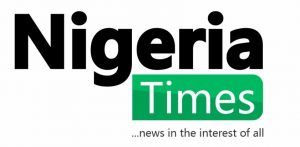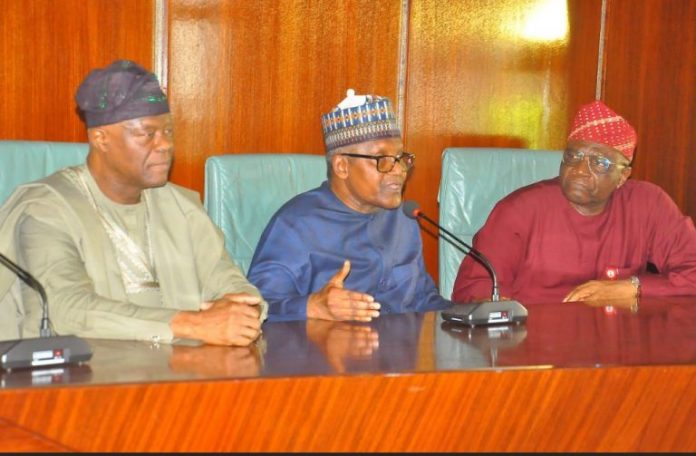Aliko Dangote, Chairman of the Dangote Group, has urged petroleum marketers and the Nigerian National Petroleum Company Limited (NNPCL) to source fuel directly from his refinery to address Nigeria’s fuel demands. This announcement followed a meeting with President Bola Tinubu and key officials at the Presidential Villa in Abuja on Tuesday, October 30, 2024.
According to data from the Nigerian Ports Authority (NPA), a vessel carrying over 20 million liters of Premium Motor Spirit (PMS) is expected at Lagos’s Tincan Island Port. Amid rising fuel prices and supply concerns, Dangote confirmed the refinery’s capacity to meet local needs, with a daily production potential of over 30 million liters and a 500-million-liter reserve.
During the closed-door meeting with Tinubu, the Implementation Committee on Crude Oil and Refined Products Sales in Local Currency, chaired by Finance Minister Wale Edun, provided updates on the government’s strategy to supply crude to local refineries in naira. This plan aims to stabilize domestic fuel prices and reduce reliance on imports.
“We have enough fuel, and our refinery is ready to supply the country’s needs,” Dangote emphasized, adding that marketers should source from his refinery rather than importing. He noted the current stock could supply Nigeria for 12 days without additional imports and called on NNPC and other marketers to prioritize local sourcing to reduce wait times and black market dependence.
The Tinubu administration has mandated the adoption of a market-driven exchange rate and competitive crude pricing for local fuel sales. Afreximbank will facilitate settlements in this system, ensuring financial stability for both the NNPC and marketers. Finance Minister Edun explained that aligning fuel prices with market rates strengthens NNPC’s finances, aiding public services and infrastructure funding across federal, state, and local governments.
In addition, the NPA reported the arrival of several vessels this week, carrying fuel, vehicles, and other consignments, to various Lagos terminals. The agency confirmed that shipments would continue through early November, ensuring steady fuel supplies and reducing shortages across the country.














